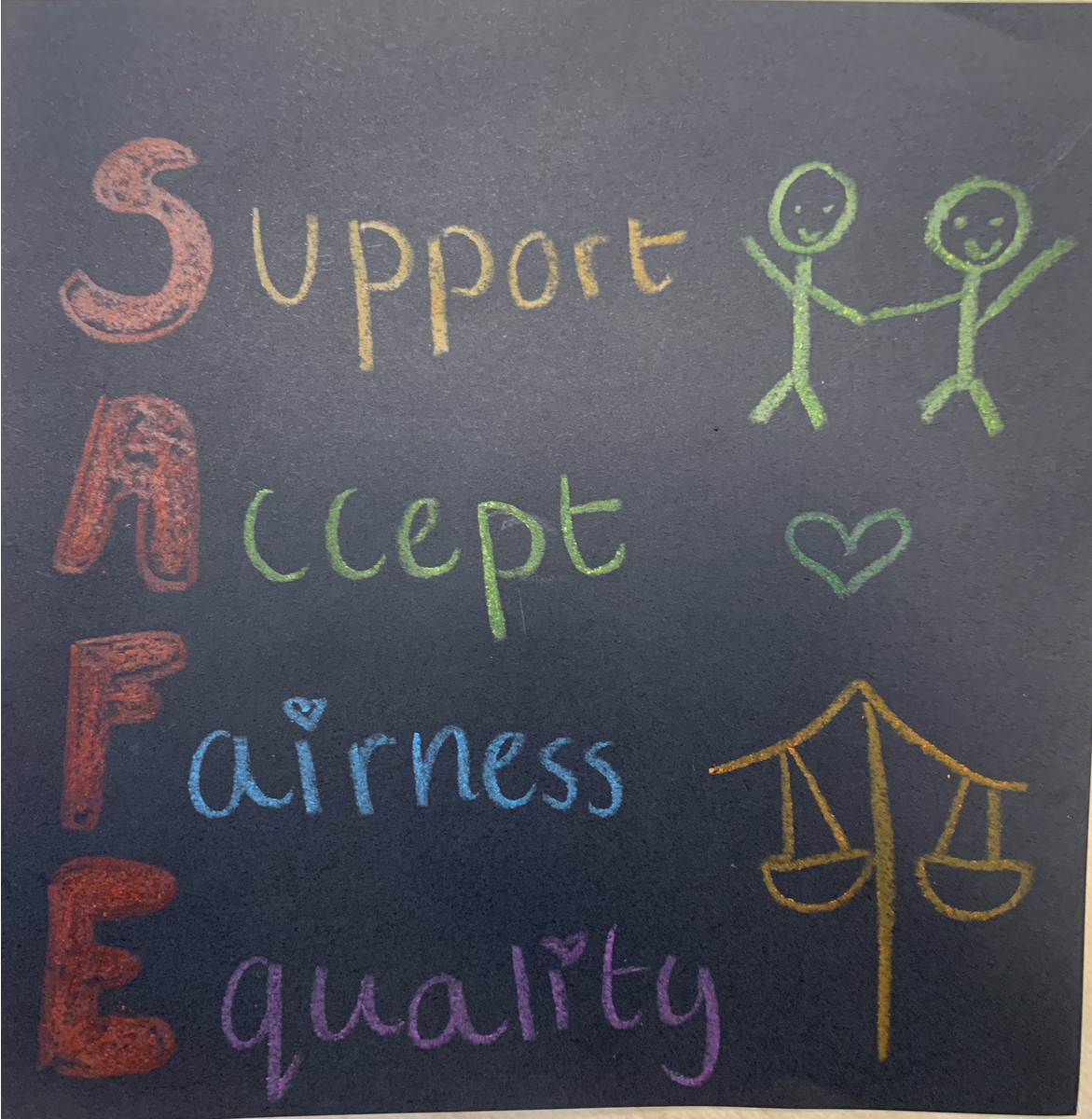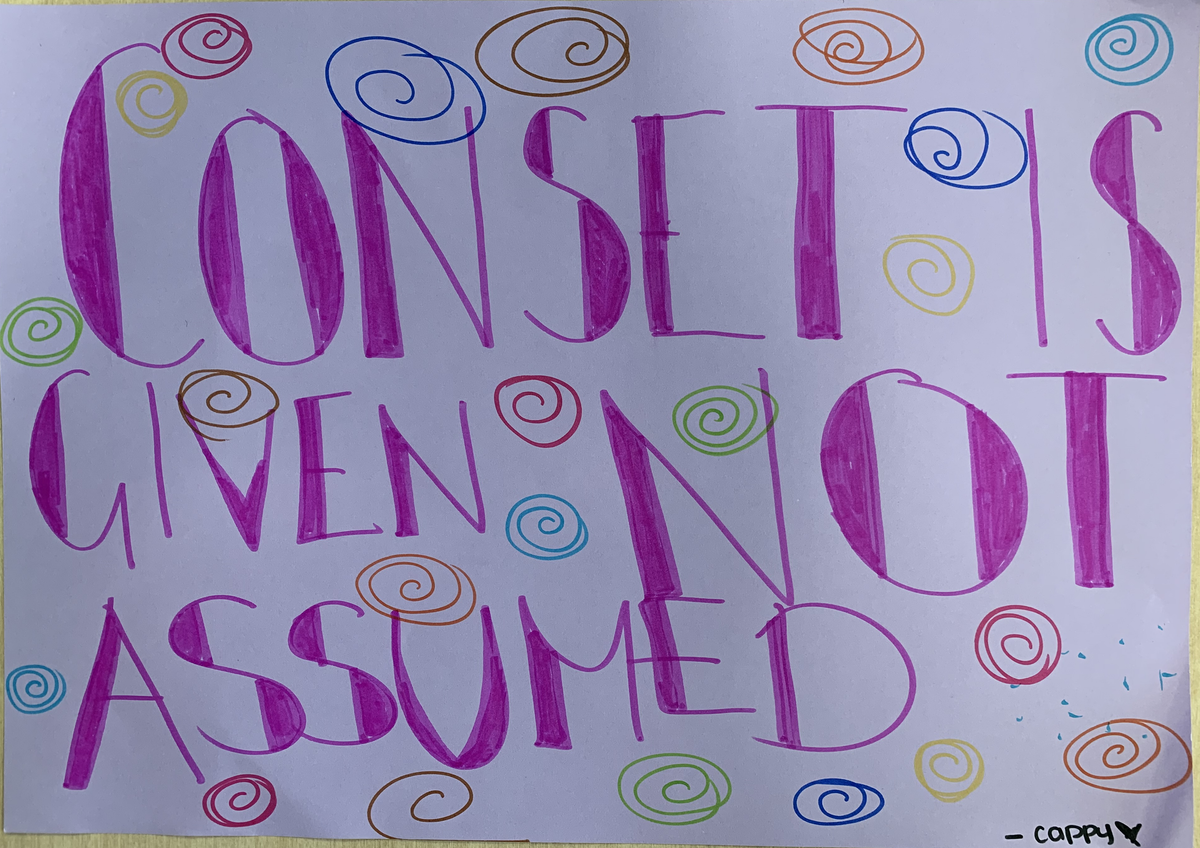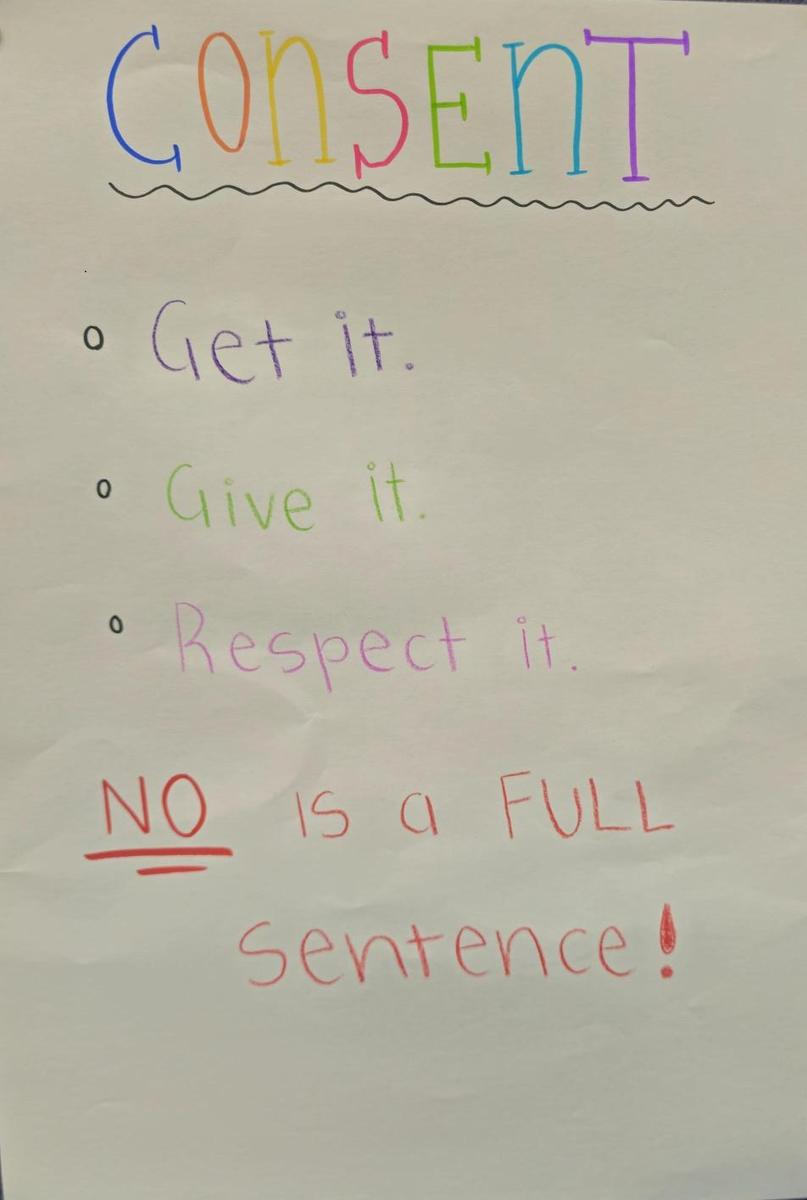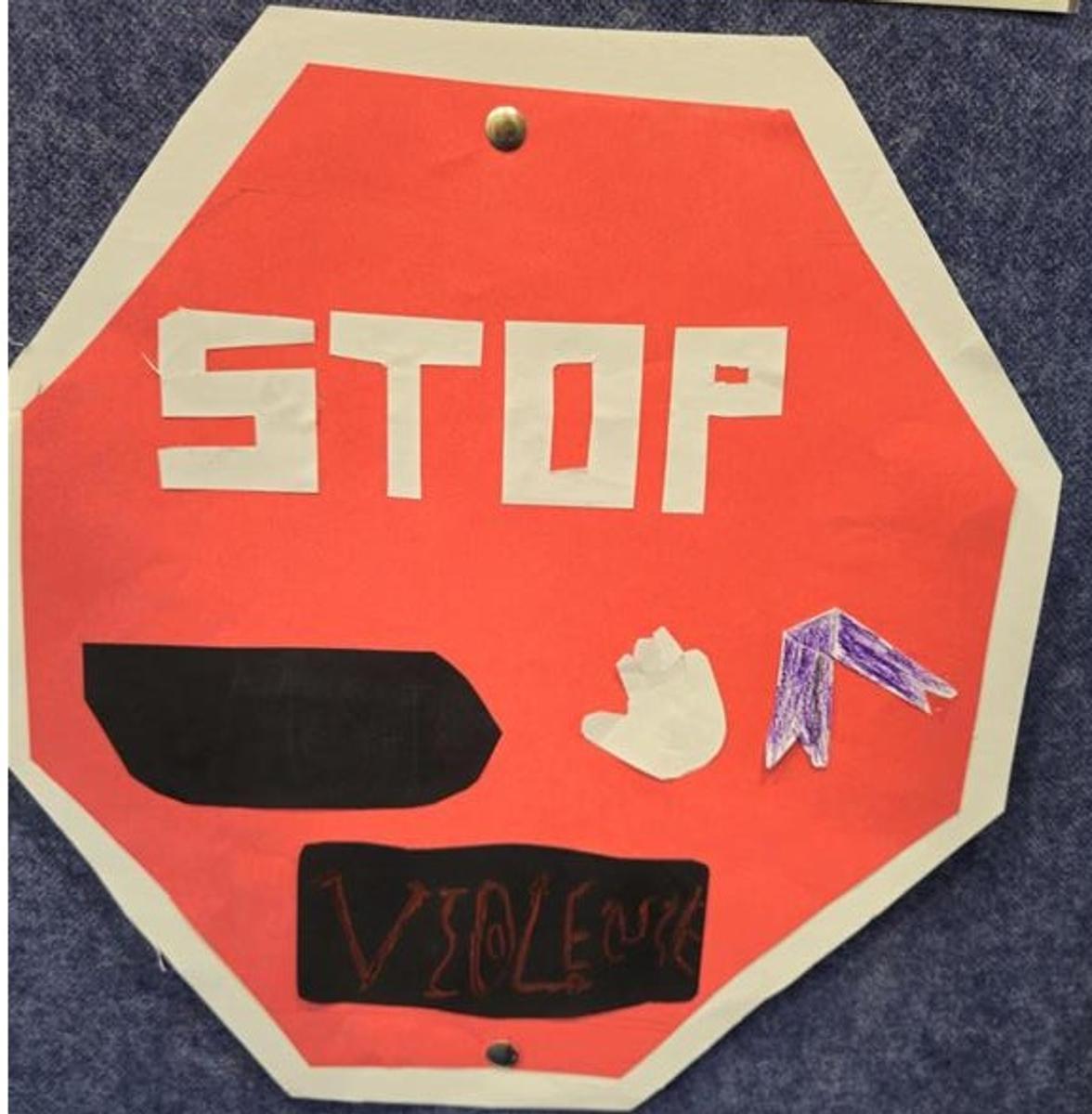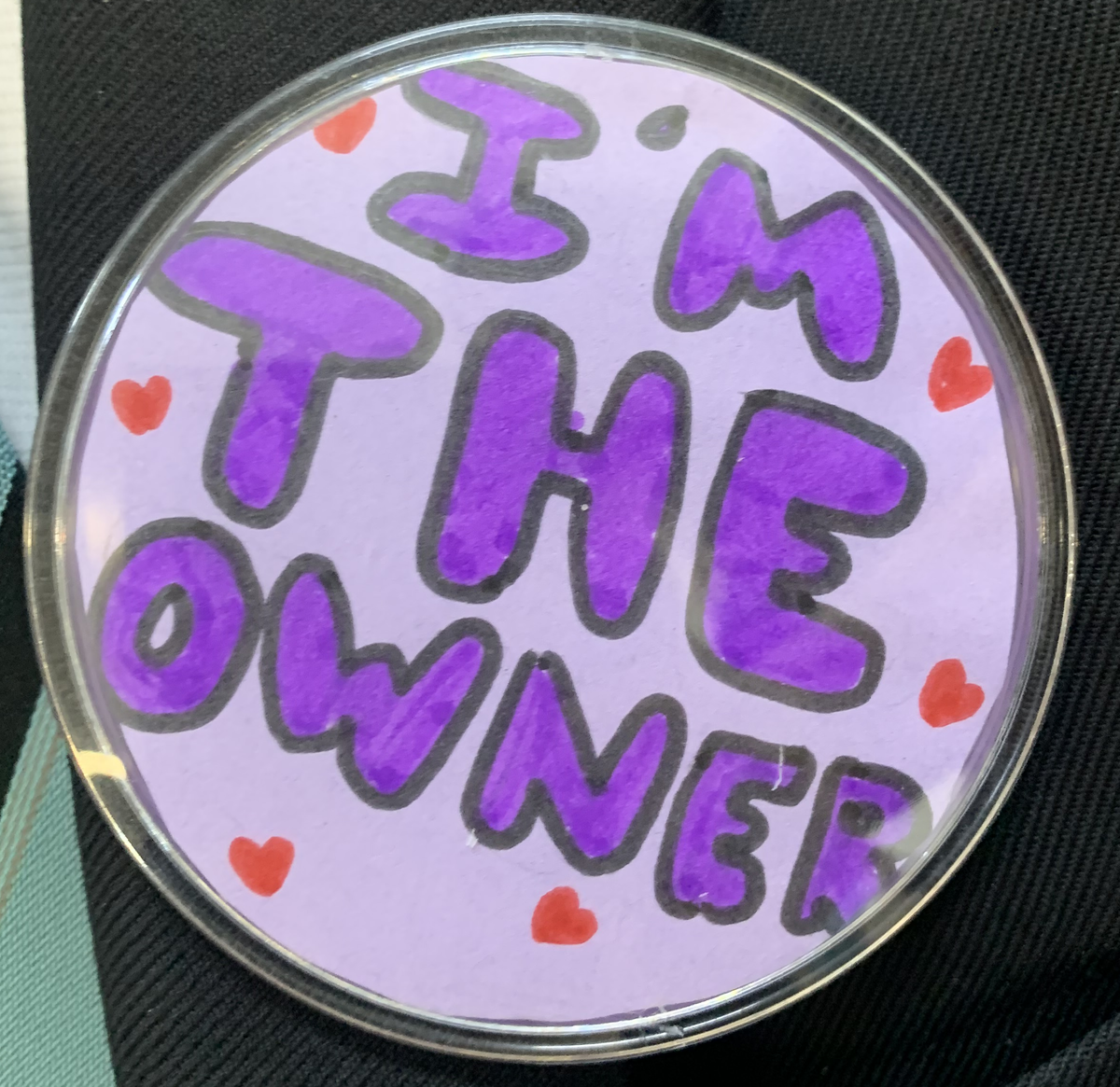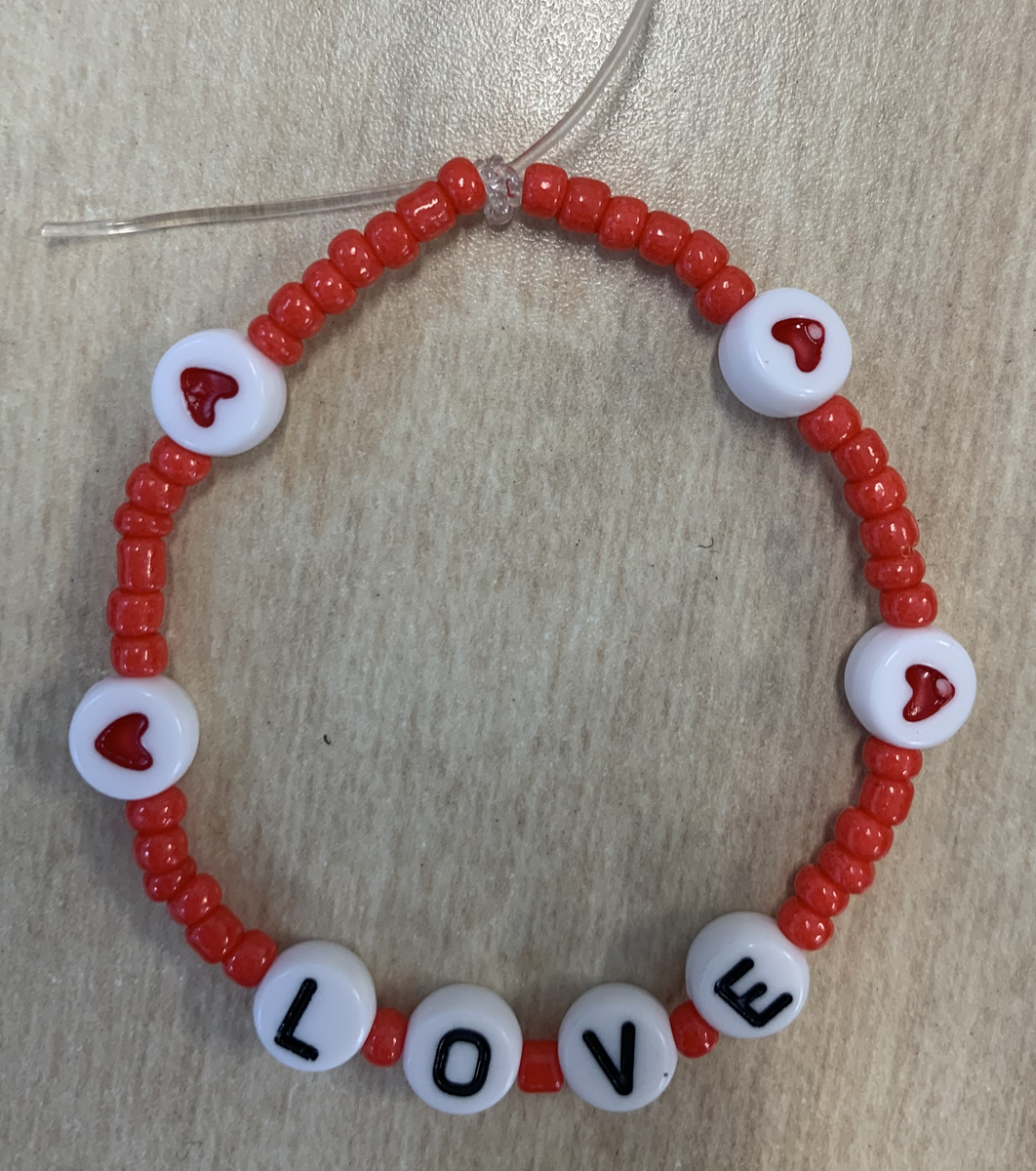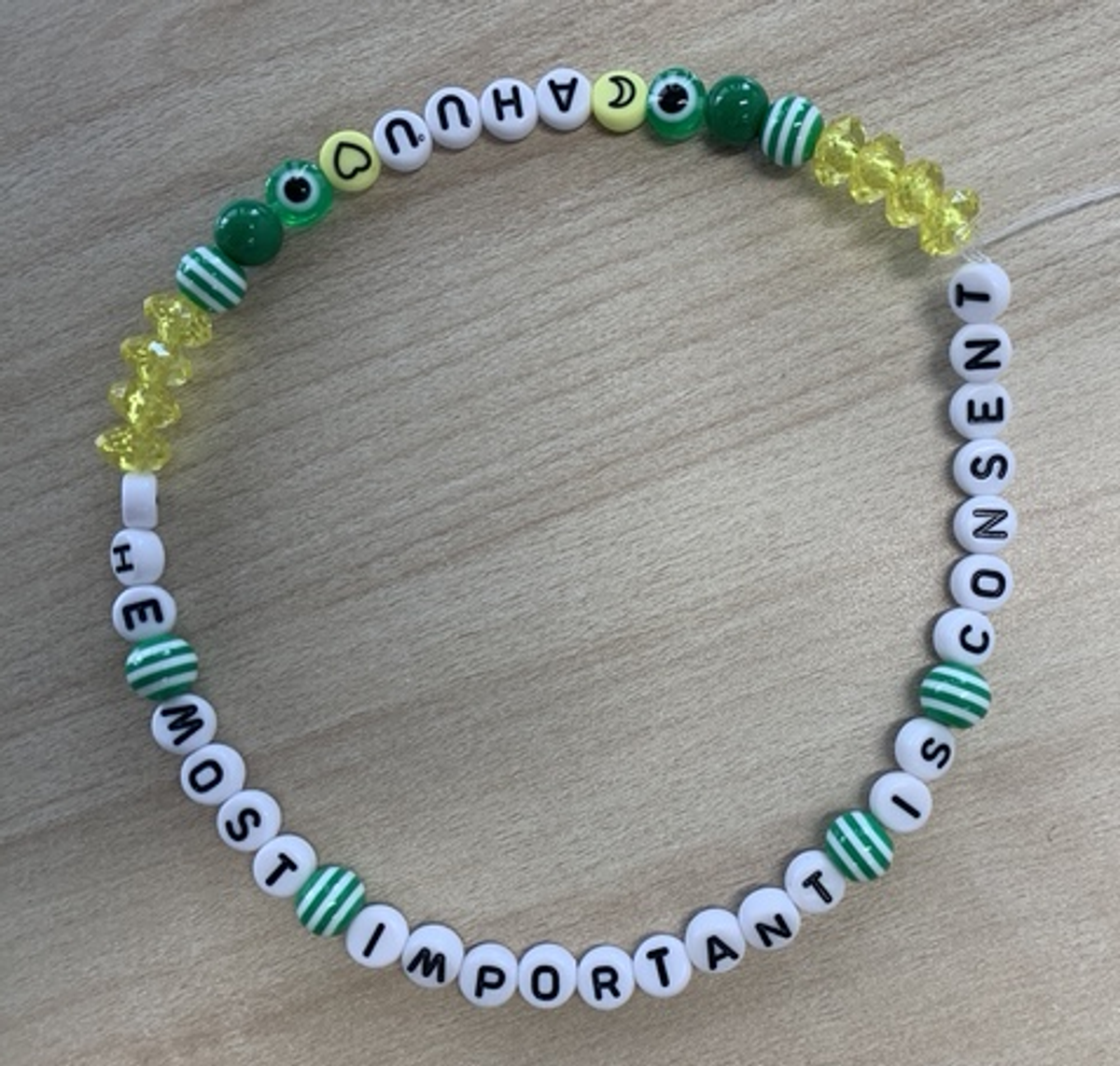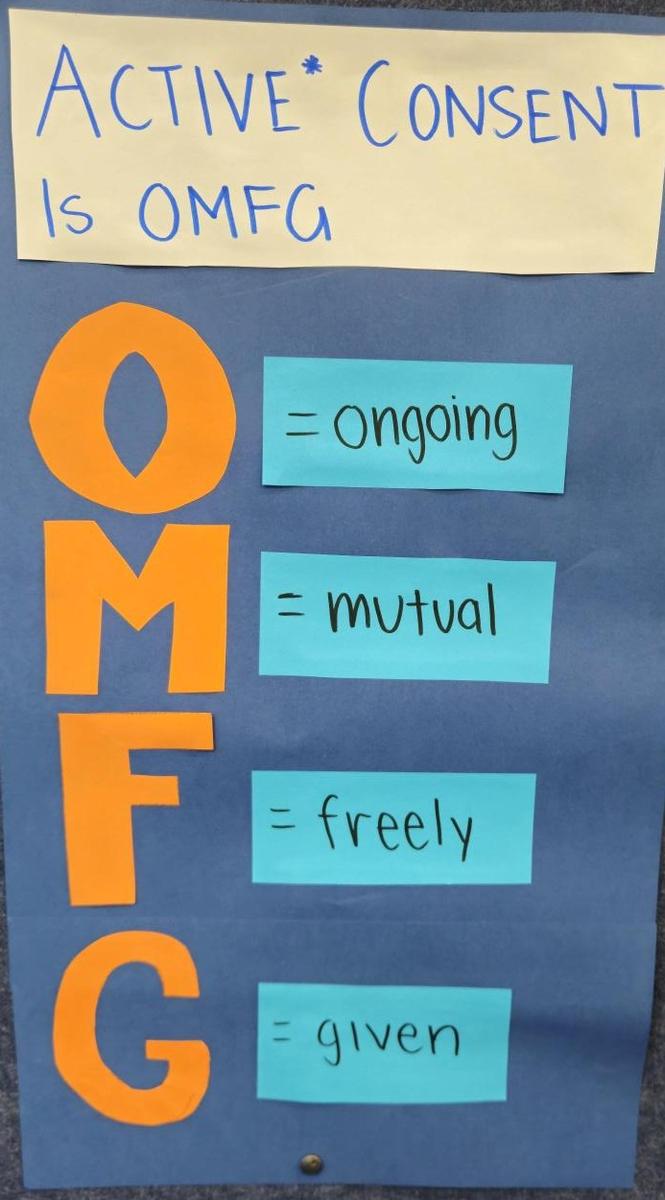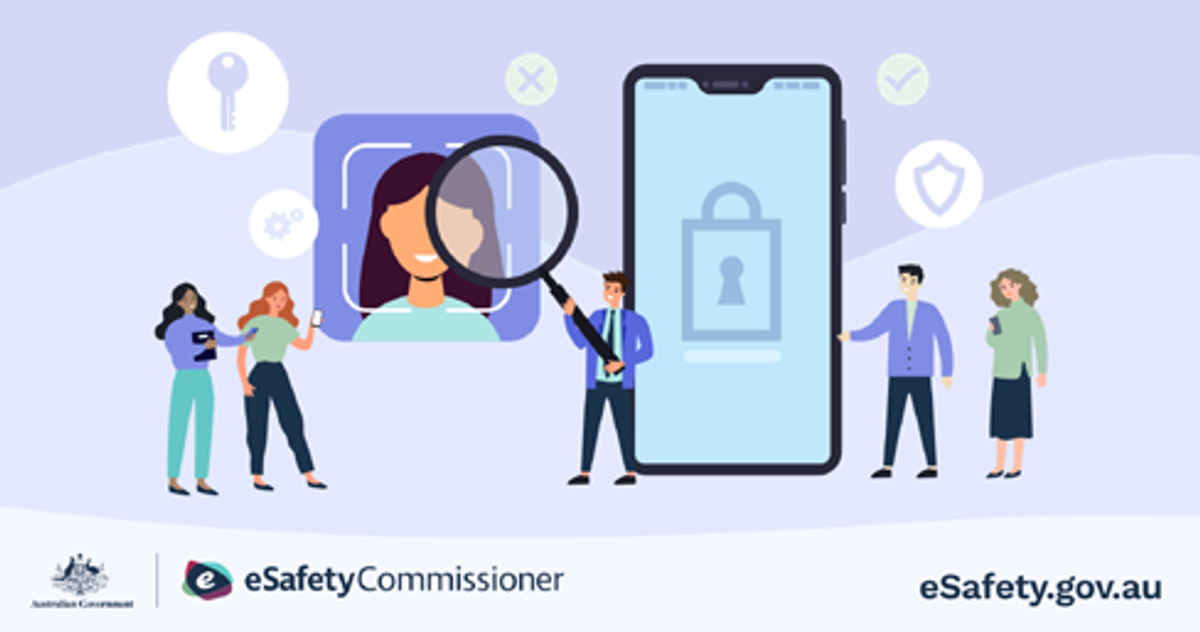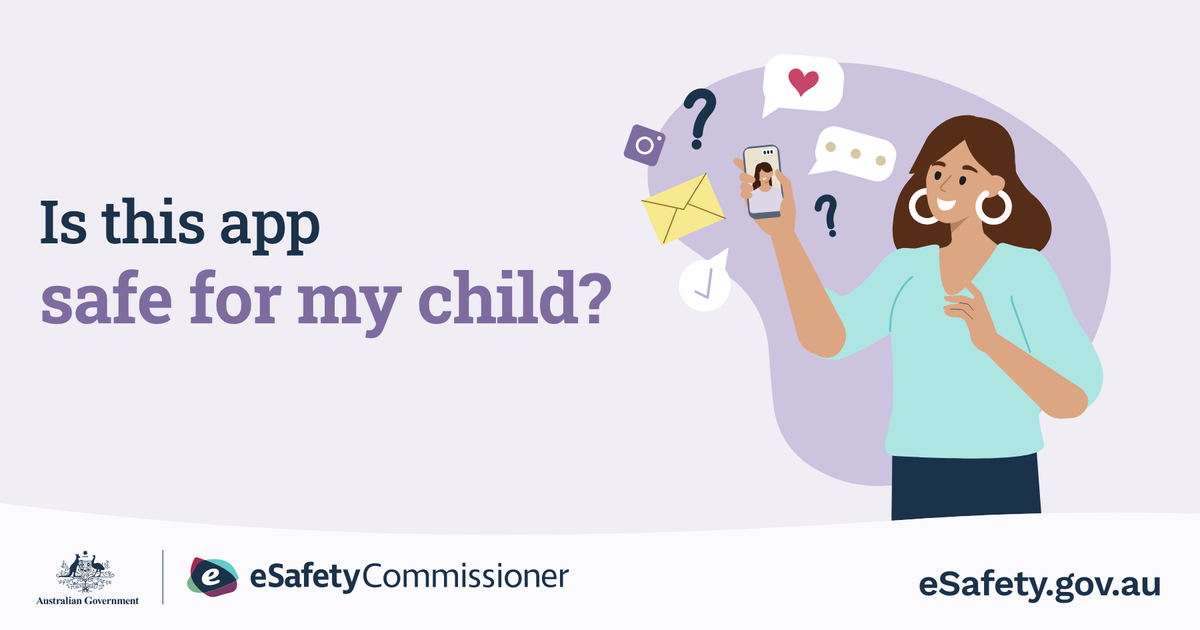Student Wellbeing
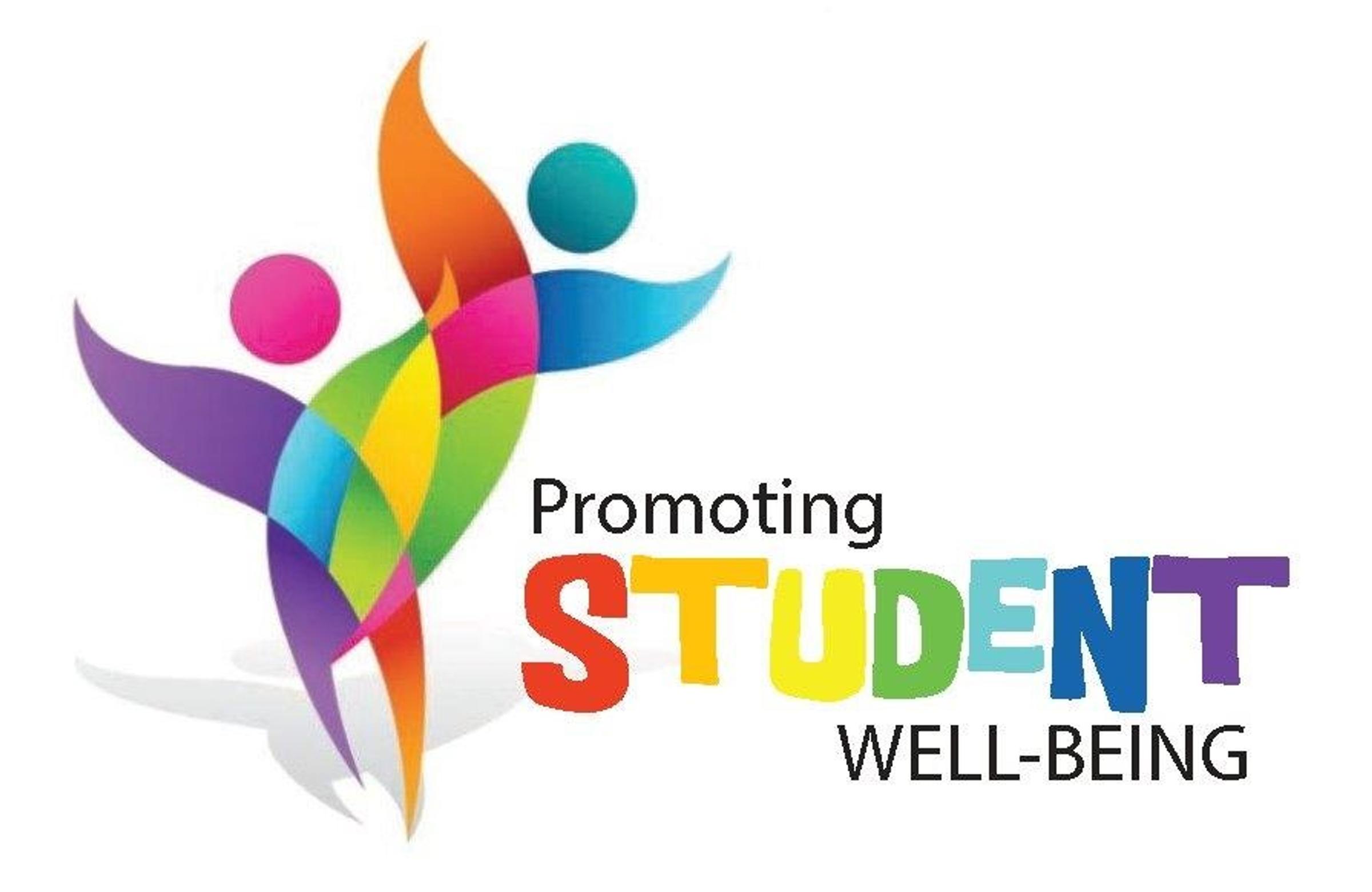
Year 11 Love Bites Program
On Tuesday 9th September our Year 11 students participated in the Love Bites Program as part of the Respectful Relationship Curriculum.
The Love Bites program encouraged students to show respect to all people and taught them about their rights and responsibilities in relationships, as well as the skills to build strong healthy relationships in a safe environment. It also prepared them to face challenges in their relationships by developing appropriate problem-solving skills that do not involve the use of violence.
During the creative sessions, students developed their own community campaign around the issues of domestic violence and sexual assault. These are important lessons for young people to understand to protect both them and their peers. The students also learnt about a number of services and sources of information both in their local community and more broadly, as well as how they can seek additional support if they need it. Students also learnt how to support their friends by utilising healthy and proactive strategies whilst still keeping themselves safe.
eSafety Information
VUSC is committed to helping students develop the knowledge, skills and attitudes to be safe and respectful users of technology. We are also aware that students’ online experiences often move seamlessly between school and home, and are therefore aiming to develop, with your support, a whole-of-community approach to keeping our students safe online.
We will be sharing a range of information, tips and resources for parents and carers from the eSafety Commissioner (eSafety.gov.au) that you can use with your family to help create positive experiences for your children online. We encourage all parents and carers to keep an eye on our school newsletter and website for information you can use to build your knowledge, skills and understanding of online safety.
IMPORTANT! Navigating the social media changes
From 10 December 2025, certain social media platforms won’t be allowed to let Australian children under 16 create or keep an account, giving them more time to develop important skills and maturity.
Here are some quick facts about the age restrictions, and how they may impact families:
- The age restrictions are likely to apply to Facebook, Instagram, Snapchat, TikTok, X and YouTube as well as other platforms. See the latest list.
- Under-16s will still be able to see publicly available social media content that doesn’t require logging into an account.
- There are exclusions for a number of platforms, including educational tools such as learning management systems. For example, Google Classroom and YouTube Kids will not be age restricted, and You Tube videos that can be seen without logging in can still be shared by teachers.
eSafety has launched new pages on the social media age restrictions hub, designed to support parents and carers, educators and young people, as we prepare for the restrictions to come into effect.
Answers to frequently asked questions
eSafety consulted widely with educators, parents and carers and young people, and has developed up-to-date guidance, advice, and answers to frequently asked questions.
Find answers to these questions and more, at the hub.
Apps and games
For many parents and carers, the clock is TikToking for when you might get asked by your child if they can go on social media or play games online.
These are tough calls for parents and carers, and especially those of our generation who don’t necessarily understand the increasingly important role digital environments play in the social lives and identity development of our children.
The eSafety Commissioner (eSafety.gov.au) website provides a range of advice to navigate this often-challenging area for families.
• Learn more about apps and games by viewing The eSafety Guide.
• Understand your child’s gaming experience by having conversations, watching or playing together.
• Talk with other parents and carers from school. This could be a good opportunity to learn more about how their children use an app or game and strategies to manage the technology.
Foodbank
At VUSC we promote healthy eating and drinking. We would like to remind students to please remember to pack a healthy lunch and snack and bring their water bottle to school every day. In the event students have forgotten their lunch/snack, they can come to the Student Wellbeing Room, at the Junior Campus in C-Block courtyard and at the Senior Campus building D before school only to grab some healthy food options.
Breakfast Club
Breakfast Club is available for students on the following days:
- Junior Campus Tuesdays and Thursdays 8:15—8:55am in Room A4
Senior Campus Wednesdays and Fridays 8:15am—8:45am in the Building B kitchen.
Student Wellbeing Support
Students may access the Student Wellbeing Team through a referral process from family, their teacher or self referral where they are able to meet with a range of professionals. These professionals are able to assist in ensuring that the student feels supported throughout their time at VUSC.
Doctors in Schools Program
Victoria University Secondary College is fortunate to be part of the Department of Education’s Doctors in Secondary Schools Program.
As part of this program, we have a Doctor and Nurse from IPC Health in Deer Park available to see VUSC students for FREE appointments at school every Monday at the Senior Campus, in the portable behind Building E.
Parents of Junior Campus students may also make appointments with the Doctor on Mondays, however they must transport their child to the Senior Campus.
What does Doctors in Schools mean for our students?
It makes primary health care more accessible
It provides support to students through early identification of health problems
No cost – this is a free service.
What can the Doctor assist our students with?
The same services at school as those provided by GP’s in the community
Physical Health
Mental Health
Health advice and support
Appointments can be made in advance via a Teacher or the Wellbeing team. They will book the appointment and advise the student of the date and time via Teams chat. Students are also welcome to self-refer using the QR code in their planner.
If you have any questions regarding the Doctors in Secondary Schools program, please contact the Senior Campus on 8312 0200 or download the attached factsheet.
************************************************************************************************
RRRR Program & Support Services
VUSC is implementing the Rights, Resilience and Respectful Relationships program, which is a primary prevention initiative to reduce family violence through promoting and modelling respect, positive attitudes and behaviours. If you are experience family violence, or would like information or support, please visit the site below or call 1800RESPECT.
https://www.vic.gov.au/family-violence-statewide-support-services
The school community is welcome to access these services for support:
The Orange Door | orangedoor.vic.gov.au
headspace National Youth Mental Health Foundation
**********************************************************************************************

